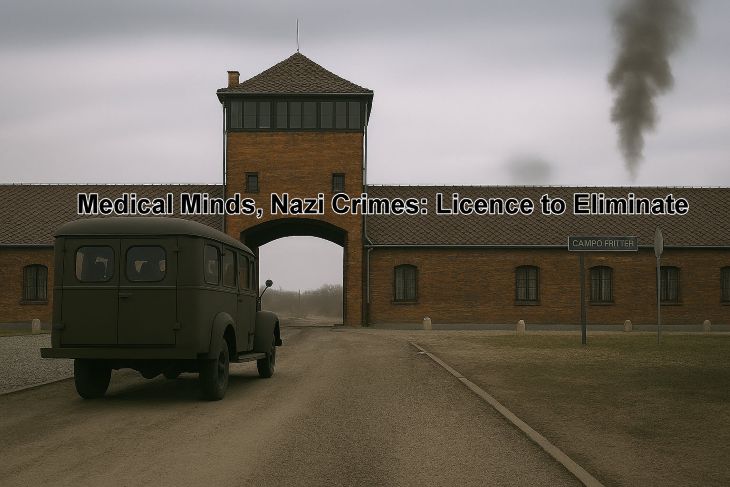Annex A | Characteristics of high quality data
The following is a summary of the characteristics of high-quality data (CARAT) as suggested by organisations such as PRIMIS:
1. Complete | Data can be considered complete when all the required data for a particular purpose is present and available to be used. Completeness relates to determining that the patient’s record has all diagnoses, allergies, vaccinations, operations, or events present within the record. Consider a patient record with missing allergy information. The consequences of this could be profound, and the omission clearly constitute an incomplete record.
Completeness for an individual patient could reflect that it contains all the relevant codes for all diagnoses, allergies, vaccinations, operations, or events. Across a population it means that all patients with a particular condition diagnosed have it correctly coded in all the records.
2. Accurate | This is when the data reflects reality or a genuine real-world occurrence. Accuracy can be quite challenging as it can change over time and is, therefore, difficult to monitor. An example may be a patient that presents with chest pain and is coded as such. At that point in time there is no clear cause for the chest pain, and this is, therefore, an accurate reflection in the data. That diagnosis may, however, change from chest pain to myocardial infarction following further investigations. Uncertain symptoms can become certain diagnoses.
Recording a diagnosis of stroke based on clinical symptoms and then later being it being proved not to be the case would render the initial diagnosis inaccurate and would need evolving/correcting.
This highlights the transient nature of accuracy especially when the diagnosis is uncertain and also the importance of maintaining and evolving problems.
3. Relevant | When considering data quality, relevance implies there is a reason to collect or record the information in the patient record. You must consider whether you really need this information, and for what purpose. Relevant data is usually closely linked to the purpose for which it is being collected. For example a diabetic review might record blood pressure as this is relevant in the context of diabetes. Recording the patient’s temperature in the record during the diabetic review would not, however, be relevant as it adds nothing to the diabetic review and is unrelated to diabetes in this context.
4. Accessible | Data may be recorded completely and accurately, but if we cannot extract information that we need this can been seen as an accessibility issue. Accessibility describes how easy it is to retrieve the required information as and when it is needed. Coded data is typically more accessible than free text and can be displayed and organised in various ways by the GPIT system as the codes themselves are understandable to the system. With modern GPIT systems there can also be vast qualities of information being drawn into the record from multiple sources, how this information is organised and coded can aid accessibility.
5. Timely | Data that is available when expected and when needed is timely. The purpose determines what would be considered timely. In the context of a clinical interaction, most professional bodies consider the contemporaneous entry of medical information as one of the most important aspects of healthcare. Contemporaneous entry of clinical information also supports the other aspects of data quality including accuracy and completeness.


